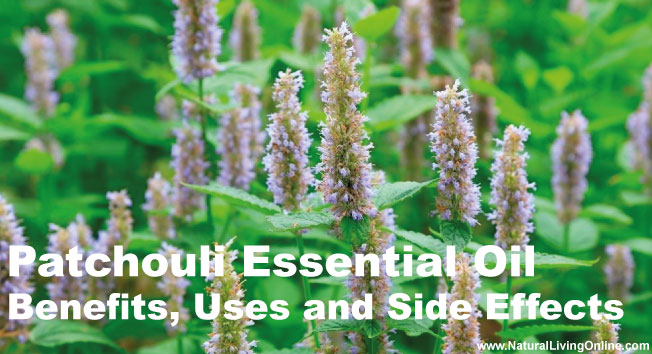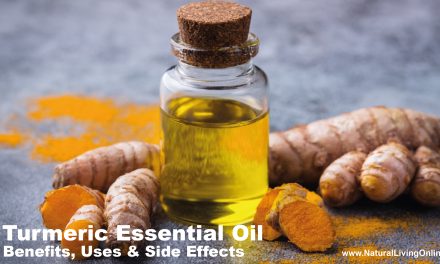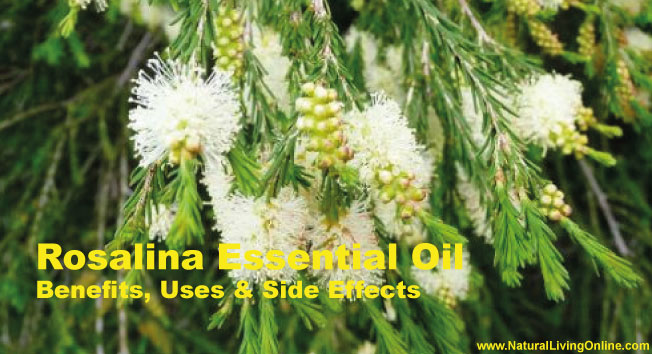Patchouli essential oil is a popular essential oil that has been used for centuries. It has a rich, earthy aroma that is often used in perfumes and incense. Patchouli oil has a number of therapeutic properties. It is antidepressant, antiseptic, aphrodisiac, astringent, bactericidal, carminative, deodorant, diaphoretic, diuretic, emmenagogue, expectorant, nervine, and sedative.
What is Patchouli?
Patchouli is a bushy perennial herb that is a member of the mint family. It is indigenous to tropical regions of Asia, and it has been used for centuries in perfumes and incense.
How many different types of Patchouli essential oils are there?
There are three main types of patchouli essential oil: Indian, Indonesian, and African. Each type has a unique fragrance and set of benefits.
How Patchouli essential oil is made?
Patchouli essential oil is obtained by steam distillation of the leaves and flowering tops of the plant. The essential oil is colorless or pale yellow with a strong, earthy odor. It contains about 35% patchoulene, as well as pogostol, alpha- and beta-patchoulene, norpatchoulenol, and others. Patchouli oil is used in perfumery, as a fixative in soaps and detergents, and in aromatherapy.
The leaves are harvested when the plants are flowering. The flowers are removed and the leaves are distilled immediately. The essential oil is extracted from the leaves using steam distillation. The vaporized water extracts the essential oils from the plant. The essential oils are then condensed back into a liquid form. The oil is then bottled and ready for sale.
What is the botanical name of Patchouli?
The botanical name for patchouli is Pogostemon cablin.
What is the chemical composition of Patchouli essential oil?
The main constituents of patchouli essential oil are patchoulol, pogostone, and alpha-patchoulene.
What are the benefits of using Patchouli essential oil?
Patchouli essential oil is known for its many benefits, including:
– reducing stress and anxiety: Patchouli oil has a calming and grounding effect, which can help to reduce stress and anxiety.
– improving mood: Patchouli oil is said to help improve mood and promote positive emotions.
– fighting inflammation: Patchouli oil has anti-inflammatory properties that may help to reduce inflammation in the body.
– helping to fight infection: Patchouli oil has antimicrobial and antifungal properties that may help to fight infection.
– moisturizing skin: Patchouli oil is a natural emollient, meaning it helps to moisturize and soften skin.
– reducing wrinkles: Patchouli oil is said to help reduce the appearance of wrinkles.
– helping to improve circulation: Patchouli oil may help to improve circulation, which can help to promote overall health.
– improving cognitive function: Patchouli oil has been shown to improve cognitive function in studies.
– promoting healthy hair: Patchouli oil may help to promote healthy hair growth and reduce hair loss.
– helping to improve digestion: Patchouli oil has been shown to help improve digestion in some studies.
– aiding in weight loss: Patchouli oil has been shown to help aid in weight loss in some studies.
Patchouli is a traditional Chinese medicine for the treatment of gastrointestinal symptoms. PEO and its derived compounds PA, PO, and β-PAE are the main active ingredients of patchouli that possess anti-inflammation, anti-oxidant, anti-microbial, anti-allergy, and anti-cancer effects based on the cellular and animal studies (Li et al., 2011; He et al., 2013; Jeong et al., 2013; Dechayont et al., 2017).
National Library of Medicine
What are ways to use Patchouli essential oil?
Patchouli can be used in a number of ways, including:
-In aromatherapy: Patchouli has a grounding and calming scent that can be used to promote relaxation and dispel negative energy.
-As a massage oil: Patchouli oil is said to be beneficial for skin conditions such as eczema and psoriasis, and can also help to reduce inflammation.
-In a diffuser: Patchouli oil can be used to create a relaxing and uplifting ambiance.
-As a topical application: Patchouli oil can be used to help treat skin conditions, bad breath, and minor wounds.
-In baths: Add a few drops of Patchouli oil to your bathtub for a relaxing and soothing experience.
-As a room spray: Combine Patchouli oil with water in a spray bottle and use to freshen up your home.
-As a dietary supplement: Patchouli oil can be taken internally to help improve digestion and respiratory function. However please consult your doctor before ingesting the oil.
-Cleaning spray: Combine Patchouli oil with vinegar and use to clean your kitchen counters and other surfaces.
Can I use Patchouli essential oil internally?
Patchouli essential oil can be used internally, but it should be diluted with a carrier oil first. Always consult your doctor before using any essential oil internally.
Can I use Patchouli essential oil topically?
Yes, patchouli can be safely applied topically when diluted with a carrier oil.
Can I use Patchouli essential oil in diffuser?
Yes, patchouli oil is often used in aromatherapy diffusers. It has a rich, earthy aroma that is calming and relaxing.
Can I use Patchouli essential oil in bath?
Yes, adding patchouli to your bathtub can be a relaxing and invigorating experience.
How Patchouli essential oil has been used historically?
Patchouli essential oil has a long history of use in Asia, where it is often used in perfumes and incense. It is also thought to have aphrodisiac properties.
What does blend well with Patchouli essential oil?
Patchouli blends well with other earthy oils like sandalwood, cedarwood, and vetiver. It also pairs well with citrus oils like lemon and orange.
What does not blend well with Patchouli essential oil?
Patchouli does not mix well with floral scents, so it should be avoided when blending with rose or jasmine oils.
What are the side effects of using Patchouli essential oil?
Patchouli essential oil is generally safe and non-toxic, but it may cause skin irritation in some people. It should be avoided during pregnancy.
What does Patchouli essential oil smell like?
Patchouli has a rich, earthy aroma that is often described as musky or woodsy.
How do I make Patchouli Essential Oil at home?
It is possible to make your own patchouli essential oil at home by harvesting the leaves of the plant and distilling them yourself.
What is the shelf life of Patchouli essential oil?
The shelf life of patchouli essential oil is about two years.
Is Patchouli Essential Oil safe for children?
Patchouli essential oil is generally safe for children, but it should be avoided during pregnancy.
Can Patchouli Essential Oil be used on pets and animals?
Yes, patchouli can be safely used on pets and animals. It has a variety of benefits, including reducing stress and anxiety.
Patchouli essential oil is a versatile oil that has a range of benefits. It can be used in diffusers, baths, massage oils, and room sprays. It is also effective at fighting bacteria and fungus, calming the mind and body, and boosting libido. When used topically, it may help to soothe inflammation and skin irritations. Patchouli oil should be diluted with a carrier oil before use. It can also be used internally, but should be avoided during pregnancy. When blended with other earthy oils, it has a rich, musky aroma that is calming and relaxing. Patchouli oil has been used for centuries in Asia for its therapeutic properties. It does not mix well with floral scents and should be avoided when blending with rose or jasmine oils. The shelf life of patchouli essential oil is about two years. Patchouli essential oil is generally safe for children but should be avoided during pregnancy. It can be safely used on pets and animals.
This website does not provide medical advice.
All information provided on this website, and on associated social media networks, including but not limited to texts, images, and numbers are for general information purpose only. It is not intended as medical advice and it does not include all possible precautions, side effects, or interactions that may occur. Neither NaturalLivingOnline.com nor its author/founder take responsibility for how you use this information. Statements contained on NaturalLivingOnline.com have not been evaluated by the FDA. You should conduct thorough research via multiple sources and consult your physician or qualified doctor before using any essential oil or herbal remedy. Information on NaturalLivingOnline.com must not be relied upon for medical, legal, financial or other decisions.













